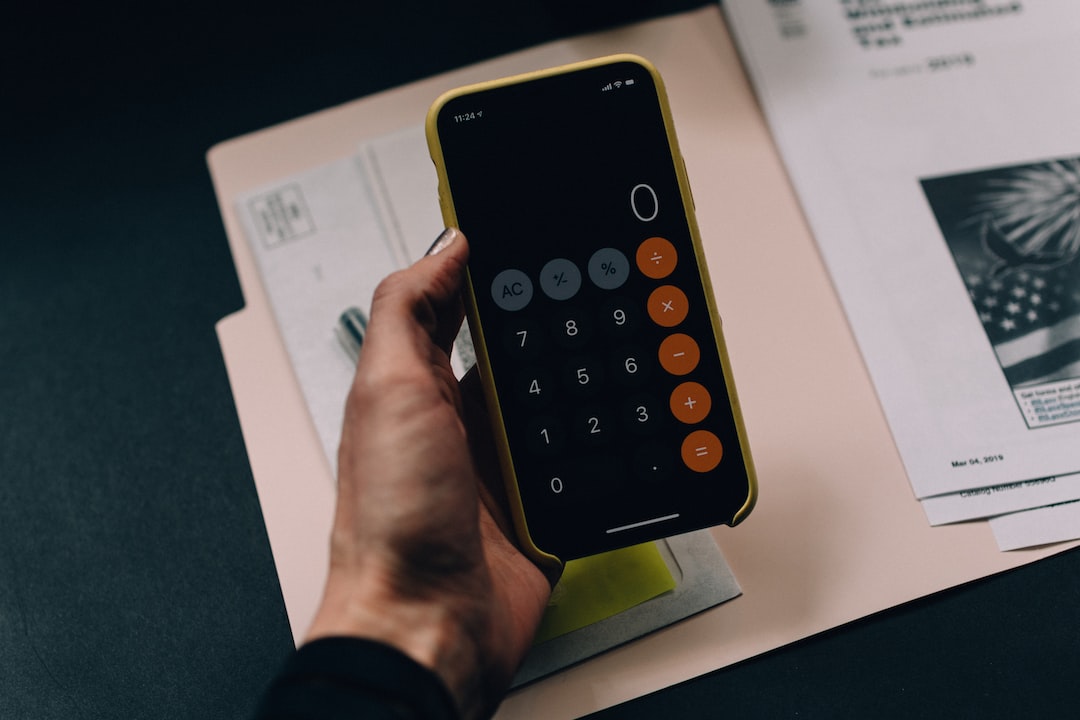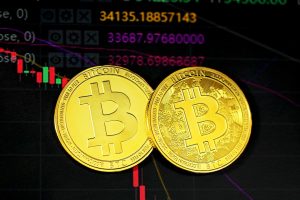Volatility is a term used to describe the degree of price fluctuations in the financial market. It refers to the rate at which the price of a financial asset changes over a period of time. Volatility is a crucial aspect of trading, especially in forex trading, as it can provide traders with opportunities to make profits or cause significant losses.
Volatility in forex trading is measured by the standard deviation of the asset’s price over a particular period. It is usually calculated using the closing prices of a currency pair over a specified period, such as a day, week, or month. The higher the standard deviation, the higher the volatility of the asset.
There are several factors that contribute to the volatility of the foreign exchange market. These include economic data releases, central bank decisions, geopolitical events, and market sentiment. Economic data releases such as employment figures, GDP growth, and inflation reports can cause significant fluctuations in currency prices. For instance, if a country releases strong economic data, it will likely lead to an increase in the value of its currency, while weak data may lead to a decrease in its value.
Central bank decisions also play a crucial role in determining the volatility of the forex market. Central banks can influence the value of their currencies by adjusting interest rates, monetary policies, and other measures. For instance, if a central bank decides to raise interest rates, it will likely lead to an increase in the value of the currency, while a cut in interest rates may lead to a decrease in its value.
Geopolitical events such as elections, wars, and natural disasters can also impact the volatility of the forex market. For instance, if a country experiences political instability, it can lead to a decrease in the value of its currency. Similarly, if there is a natural disaster such as a hurricane or earthquake, it can lead to a decrease in a country’s economic activity, which can also impact its currency value.
Market sentiment also plays a significant role in determining the volatility of the forex market. Market sentiment refers to the overall mood or attitude of traders towards a particular currency pair. If traders have a positive outlook towards a currency, it will likely lead to an increase in its value, while negative sentiment can lead to a decrease in its value.
Volatility in forex trading can be both beneficial and risky. High volatility can provide traders with opportunities to make significant profits, but it can also lead to significant losses. Traders can use various trading strategies to take advantage of market volatility, such as day trading, swing trading, and position trading.
Day trading involves buying and selling currencies within a single day, taking advantage of short-term price fluctuations. Swing trading involves holding positions for a few days to take advantage of medium-term price fluctuations. Position trading involves holding positions for weeks or months to take advantage of long-term trends.
In conclusion, volatility is a crucial aspect of forex trading. It refers to the rate at which the price of a financial asset changes over a period of time. Various factors contribute to the volatility of the forex market, such as economic data releases, central bank decisions, geopolitical events, and market sentiment. Traders can use various trading strategies to take advantage of market volatility, but they should also be aware of the risks involved.





